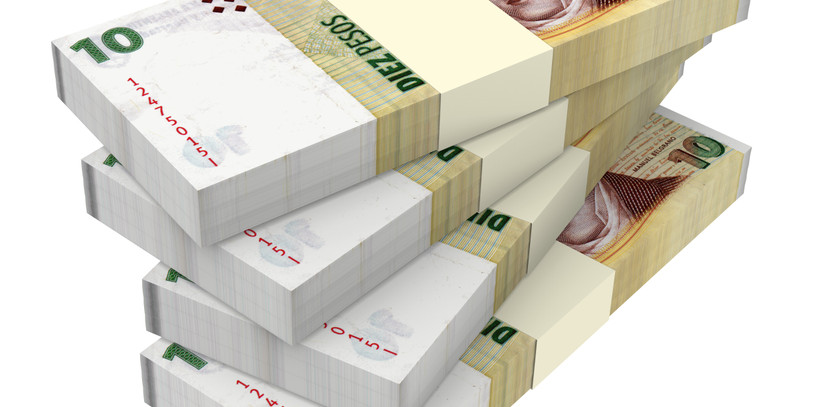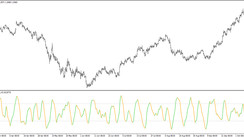Argentinian President Milei's Proposed Reforms for a Broad Overhaul
Argentinian President Javier Milei has submitted an extensive reform bill to Congress. It seeks to overhaul a broad range of sectors, including tax policies, public debt management, and electoral laws in the country. Tiered passage from both the upper and the lower houses of Congress is required for the bill's ultimate approval, where Milei's alliance possesses a marginal minority of the seats.
Major Reforms in Milei's Omnibus Bill
Spanning 664 provisions, the bill outlines numerous changes, involving privatization of 41 government corporations, removal of primaries for presidential elections, and the broad-based introduction of a 15% tariff on majority of exports. Additionally, there's also a proposal to hike taxes for soybean exports and its derivatives to 33% from the current 31%. Argentina remains the leading global exporter of processed soybean products.
One noteworthy proposal in the bill is tax leniencies for Argentinians, providing them with opportunities to legalize and repatriate certain previously undisclosed assets such as shares, digital currencies, and cash holdings. In public debt management, the bill proposes eradicating limitations on foreign-issued sovereign bonds and eliminating some prerequisites on debt restructuring.
A Shift in Power Balance in Electoral Reforms
Proposed reforms in the proportional representation system can potentially adjust the power dynamics by increasing the count of legislators in each district to one per 180,000 citizens, moving away from the existing one per 161,000 individuals equation. This proposed change would notably augur well for the province of Buenos Aires, expanding its influence in the lower house of Congress.
Controversy Surrounds Call to Empower Presidency
One controversial reform suggests temporarily transferring some legislative powers to the presidency, extendable for another two years beyond Dec. 31, 2025. This move has sparked widespread debates.
President Milei's Recent Decree Welcomed by the Market
Reaction to President Milei's recent decree to liberate the economy has been cautiously optimistic in the markets. Significant reforms within the decree involve closing export limitations. Importantly though, unlike the proposed bill, this decree does not encompass changes in the tax and the electoral systems, which are mandated to be put under legislative discussion per Argentina's constitution.
Uncertainty Surrounds the Timeline for Proposed Bill's Approval
The bill was presented in Congress on Wednesday by President Milei’s administration, with a call for distinctive sessions to fast track the proposed reforms. These special sessions will continue until the end of January, allowing for formation of committees to scrutinize each proposal.
President Milei Struggles for Majority Support in Congress
Milei's alliance, La Libertad Avanza, holds a mere 15% of seats centrally, and even less in the Senate, with under 10% of seats. This weak position means Milei faces a complex challenge in furthering his proposed reform agenda.
Major protests against Milei's governmental policies have erupted in numerous cities since he took office on Dec 10. Consequently, it remains to be seen if Milei will entertain revisions to his proposals, or if his insistence on passing the bill without changes will further alienate the legislative body.





